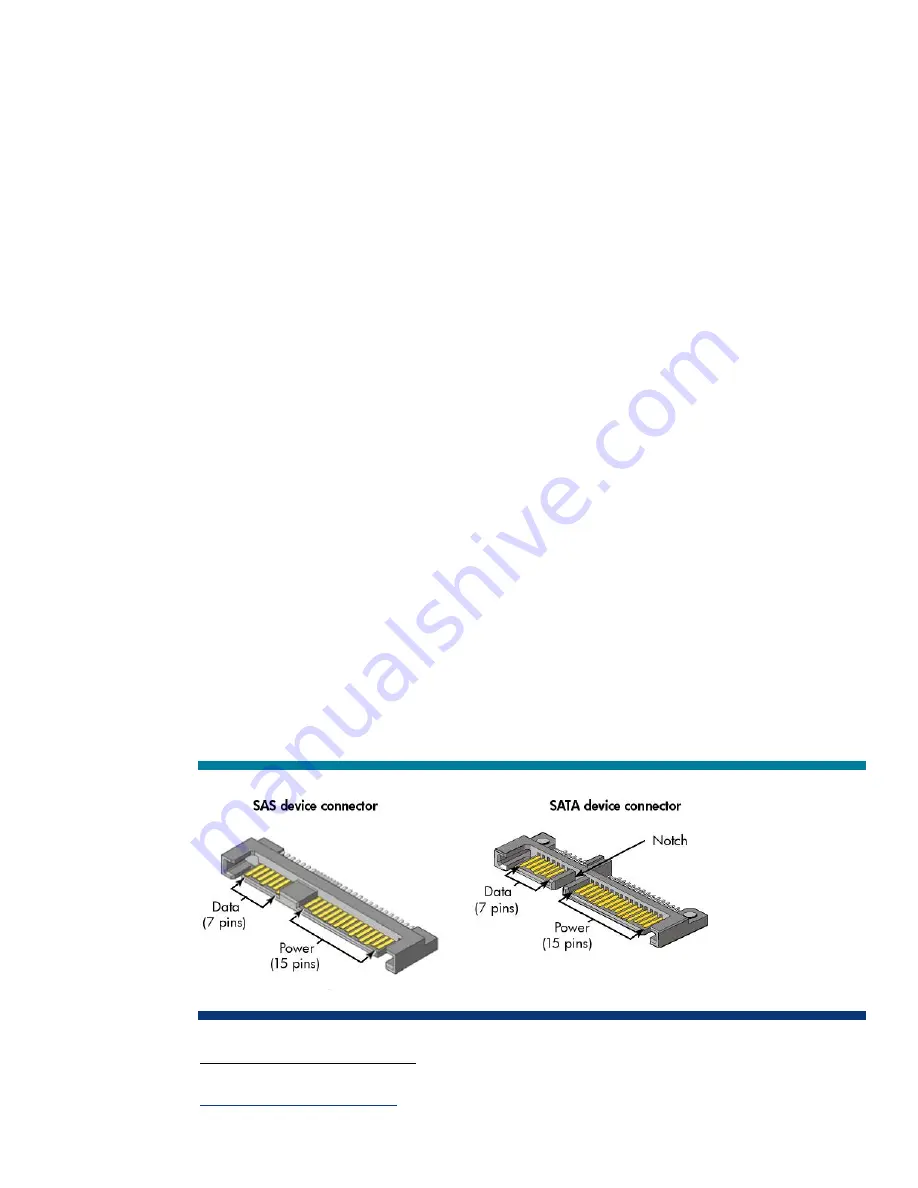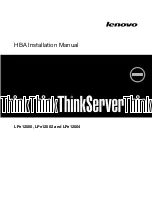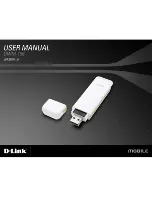
Port multipliers
SATA port multipliers require host controllers that are port-multiplier-aware, such as SATA 1.5 Gb/s
(with extensions) and SATA 3.0-Gb/s. Therefore, port multipliers are not compatible with original
SATA 1.5 Gb/s controllers. However, port multipliers are compatible with SATA 1.5 Gb/s drives.
Port multipliers can only link to SATA drives; they cannot link to another port multiplier.
The extensions in SATA 3.0 Gb/s require updated operating system and driver support. SATA 1.5-
Gb/s devices (that support extensions) and SATA 3.0-Gb/s devices are backwards compatible with
SATA 1.5-Gb/s controllers.
Targets
In a SATA domain, targets are limited to SATA hard drives, each with a single narrow-link port. SATA
drives are available in non-hot plug 3.5-inch drives and hot plug 3.5-inch and 2.5-inch small form
factor (SFF) drives. SFF SATA drives consume 70% less space and use considerably less power than
the 3.5-inch drives. SFF drives allow systems to be designed to accommodate more drives per U
(1.75 inches), thereby increasing the total system I/Os per second per U (IOPs/U).
SATA/SAS interoperability
The Serial Attached SCSI (SAS) architecture enables system designs that deploy both SAS and SATA
devices.
1
SAS supports the SATA Tunneling Protocol (STP), which allows SAS controllers to
communicate with SATA devices through expanders. SAS and SATA devices share the same physical
device connector, except for an extension within the notch on the SAS connector. This extension
allows a SAS connector to accept SATA device connections, but it will not allow a SATA connector to
accept SAS device connections.
The SAS interface allows the flexibility to install SAS drives, SATA drives, or a mix of both SAS and
SATA drives in the same enclosure. SAS and SATA devices share the same physical device connector,
except for an extension within the notch on the SAS connector (Figure 8). This extension allows a SAS
connector to accept SATA device connections, but it will not allow a SATA connector to accept SAS
device connections.
The use of SATA drives should be limited to low-workload, entry-level servers and multi-drive storage
configurations, such as JBOD or RAID. SATA drives are not recommended in non-fault tolerant
applications with high IOPs, mission-critical applications, or extreme environments with excessive
vibration. SAS is the ideal solution for mission-critical enterprise storage applications that require
higher reliability, performance, and scalability.
Figure 8.
SAS and SATA device connectors
1
For more information, refer to the technology brief, “Serial Attached SCSI technology,” at
www.hp.com/servers/technology
.
7




























